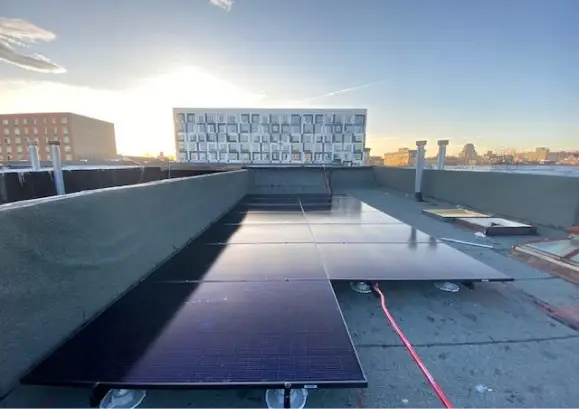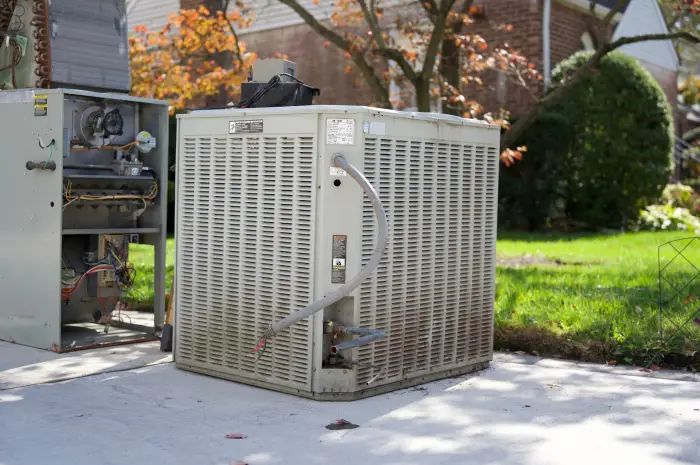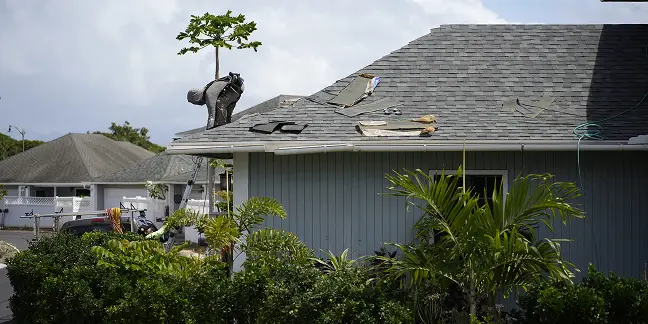In an age where natural disasters seem increasingly common, ensuring a stable power supply during and after such events has become paramount. Solar energy, with its reliable and renewable nature, offers a promising solution. From powering emergency response efforts to aiding in long-term recovery, solar energy proves to be a vital asset in disaster preparedness and recovery. Attyx jumps in to discuss the multifaceted role of solar energy in disaster scenarios, highlighting its benefits and applications.
The Importance of Disaster Preparedness
When disaster strikes, traditional power grids often fail, leaving communities without essential services. Hospitals, communication networks, and emergency services all rely on consistent power to operate effectively. This is where solar energy shines—quite literally. With solar power, communities can ensure a reliable power source even when the main grid is down.
Solar Energy in Disaster Preparedness
Reliable and Resilient Power Source
Solar energy systems, especially those paired with battery storage, provide a continuous power supply independent of the grid. This resilience is crucial during disasters, when power outages are common. By harnessing the sun’s energy, communities can maintain critical services without interruption.
Easy Deployment of Solar Solutions
Portable solar panels and solar generators can be quickly deployed in disaster-stricken areas. These systems are relatively easy to set up and can provide immediate power to essential services. Their portability makes them ideal for emergency response teams who need to move swiftly and set up base in various locations.
Solar-Powered Emergency Shelters
Equipping emergency shelters with solar power ensures that evacuees have access to electricity. This not only powers lights and heating but also charges mobile phones and medical devices, providing a lifeline to those affected by disasters. Solar power can make these shelters more self-sufficient and reliable.
Solar Power for Emergencies
Emergency Communication Systems
Communication is vital during emergencies. Solar-powered communication towers and devices ensure that lines of communication remain open, facilitating coordination between emergency responders and affected populations. This can be a game-changer in ensuring timely and efficient disaster response.
Medical Services
Hospitals and medical facilities require a constant power supply to operate life-saving equipment. Solar power systems can provide a reliable backup, ensuring that these facilities can continue to function even during prolonged outages. This can be particularly critical in remote or underserved areas where medical infrastructure is limited.
Solar Disaster Recovery
Long-Term Power Solutions
In the aftermath of a disaster, rebuilding efforts can be hampered by ongoing power issues. Solar energy offers a sustainable and long-term solution. By integrating solar power into the rebuilding process, communities can create a more resilient infrastructure that is less dependent on traditional power grids.
Economic and Environmental Benefits
Using solar energy for recovery efforts also brings economic and environmental benefits. It reduces reliance on fossil fuels, lowers energy costs, and minimizes the environmental impact of reconstruction activities. This approach supports a more sustainable and resilient recovery process.
Case Studies and Success Stories
Numerous examples demonstrate the effectiveness of solar energy in disaster scenarios. For instance, after Hurricane Maria devastated Puerto Rico, solar energy systems were deployed to restore power to critical facilities. Similarly, in remote regions of Africa, solar-powered water purification systems have been crucial in providing clean water during droughts and floods.
Solar energy plays a pivotal role in disaster preparedness and recovery. Its ability to provide reliable, renewable power makes it an essential component of any disaster response strategy. By incorporating solar solutions, communities can enhance their resilience, ensure continuity of essential services, and support sustainable recovery efforts.
With natural disasters posing significant and ongoing challenges, embracing solar energy offers a bright path forward. Whether for immediate emergency response or long-term recovery, solar power stands as a beacon of hope, illuminating the way to a more resilient and sustainable future.





